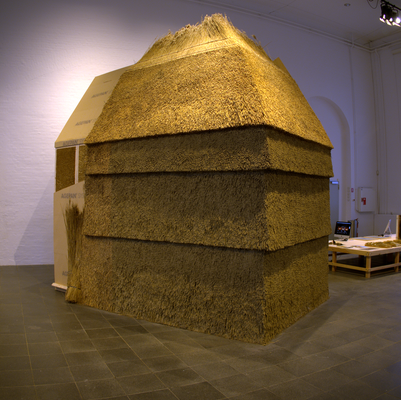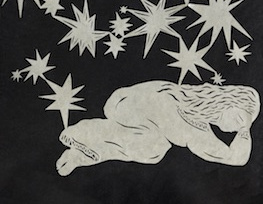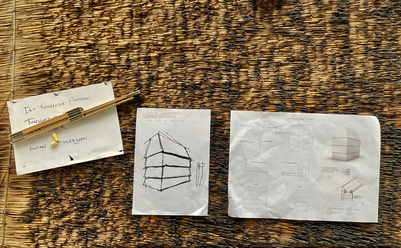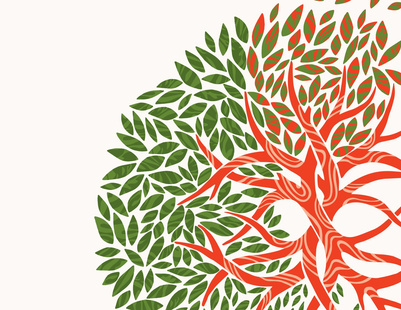Associate Professor Christina Capetillo from the Institute of Architecture, Urbanism and Landscape is exhibiting selected photos from her series 'Landworks' at the Museum für Photographie in Braunschweig.
”When we extend our view of the world around us, we also develop our understanding of the way in which we shape our environment. Images of the landscape are co-creators in terms of the reality they portray.”
These are the words of Christina Capetillo from KADK’s Institute of Architecture, Urbanism and Landscape, where she jointly heads the Master’s programme in Landscape Art. Our work with architectural photography is a part of KADK’s artistic development activity and is intrinsic to the way that we look at and work with architecture.
Christina Capetillo is currently participating in the photographic exhibition 'Landschaft. Umwelt. Kultur. Über den transnationalen Einfluss der New Topographics' at the renowned Museum für Photographie in Braunschweig, which is located between Hannover and Berlin.
The exhibition brings together a range of works by six European and American photographers working out of the American New Topographics tradition, which is characterised by a particular interest in a sober-minded and direct approach to landscape photography, and which gives expression to a critical dimension in respect of the contemporary landscape.
Christina Capetillo’s contribution takes the form of a selection of photographs from her ’Landworks’ series, an ongoing project which she embarked upon at KADK in 2014. She has been invited to talk about her work at the international symposium 'From a Topographic to an Environmental Understanding of Space'.
Photographic studies of the contemporary landscape
In 'Landworks' Christina Capetillo focuses on one of the most recent stages in the development of the complex relationship between nature and culture. A new Nordic landscape is emerging as a result of attempts to secure towns and industrial areas against climate change. The relationship between landscape and horizon will also change as a result of rising sea levels. As the horizon is central to our experience of freedom and infinity, she asks how this new landscape will change us.
In a range of photographic works and projects, she has focused on an all-powerful cultural state in which nature appears only as traces and vestiges. Through her work, she examines places that can advance and propel our visual perception of nature.
Christina Capetillo explains:
'I am interested in generating a democratic gaze toward the contemporary landscape, to mediate the new landscapes that do not contain magnificent views or evocative, dramatic or picturesque highlights. I am also interested in urban environments which I regard as containing the potential for change, but which are usually disregarded in that they are characterised in terms of an aesthetic anonymity, an absence of motif.’
'Landworks' in 'Photocity' Braunschweig
The Museum für Photographie, Braunschweig is a small, but very well-known, institution within the field of photography. Braunschweig has an historical significance and is known as ’Photo City’ because it has headquartered photographic equipment companies such as Voigtländer and Rollei.
Christina Capetillo believes that the exhibition and its accompanying symposium will afford her the opportunity to generate future artistic development projects with other artists, researchers and curators.










